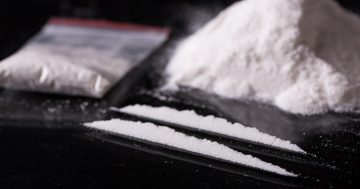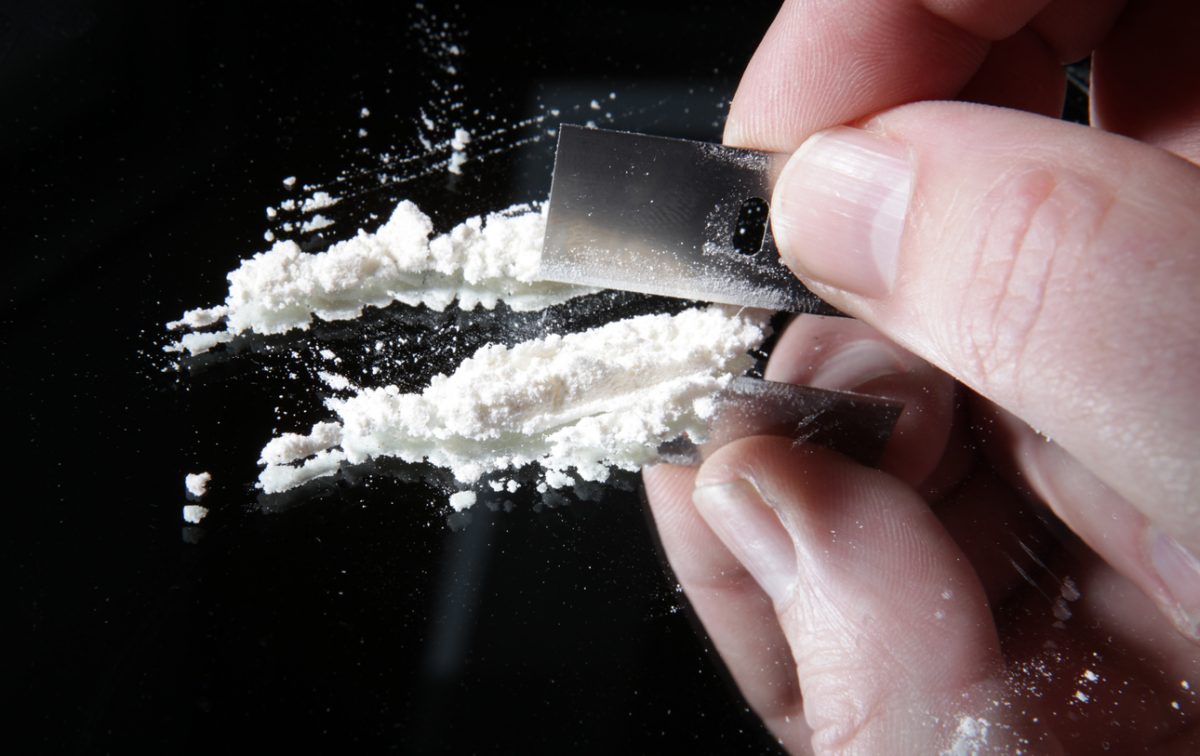
A major swathe of nation-leading drug decriminalisation laws have passed the ACT Legislative Assembly. Photo: File.
The Territory has just become the first jurisdiction in the country to decriminalise small amounts of hard drugs after a day of passionate and very lengthy debate.
In 12 months, being caught with ice, cocaine and heroin (below certain thresholds) will no longer result in a criminal sanction.
Instead, the drugs will be confiscated, the possessor issued a $100 fine or be directed to attend a health-based drug diversion program.
Possession limits for cocaine, amphetamine, MDMA and methylamphetamine are capped at 1.5 grams and heroin at one gram.
It’s part of what Health Minister Rachel Stephen-Smith has long described as a move to treating drug use as a health issue, not a criminal issue.
Trafficking and drug supply will continue to be targeted and the bill will be reviewed after two years.
After the government in June signalled its intent to support a long-time push from Labor backbencher Michael Pettersson, the laws passed the ACT Legislative Assembly yesterday evening (20 October) after a day of impassioned debate.
It follows the decriminalisation of small amounts of cannabis in 2019. That push was also spearheaded by Mr Pettersson.
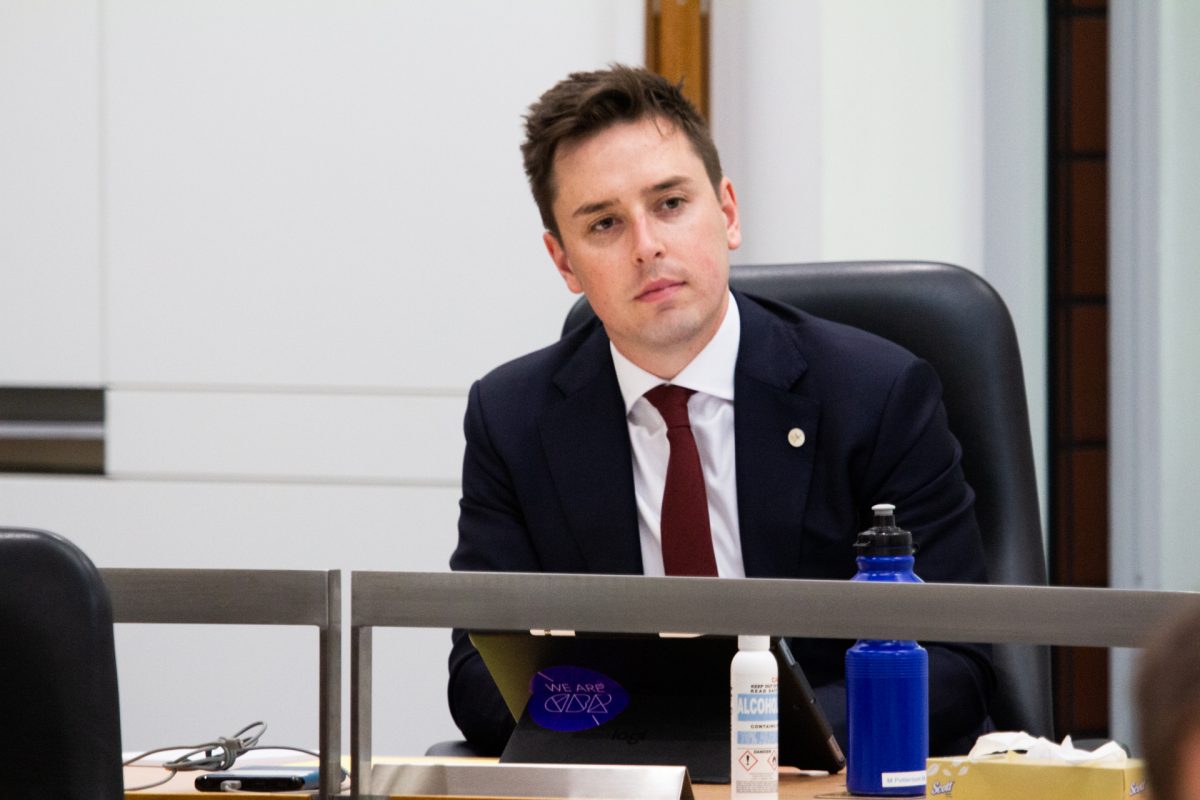
Labor backbencher Michael Pettersson said the war on drugs had failed. Photo: Region.
Mr Pettersson said it was time to accept the war on drugs had failed as it had neither stopped nor reduced drug use.
“It’s time we move away from this primitive system which does not work,” he said.
“[This] is a sensible, evidence-based approach to drug policy. The bill is about harm reduction and reducing ordinary people’s interaction with the criminal justice system.”
He said law enforcement should respond to drug possession in the same way a “caring, well-intentioned” parent of a young adult would – through confiscating the drugs, educating them about the dangers, issuing a non-life-threatening punishment and getting them health support.
While the Canberra Liberals remain vehemently opposed to decriminalising drugs, the ACT Greens pushed the government to go further.
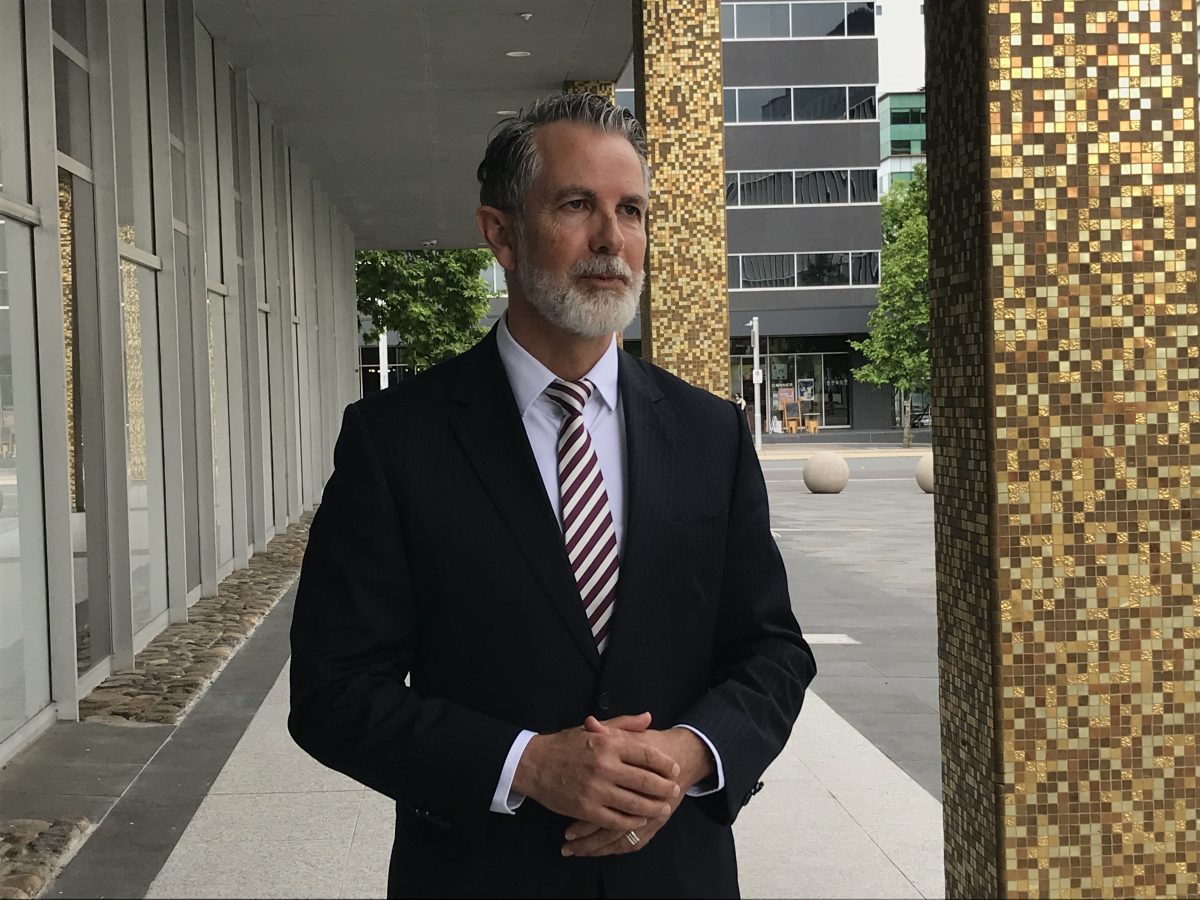
Deputy Opposition Leader Jeremy Hanson has described the new laws as dangerous and radical. Photo: Lottie Twyford.
Deputy Opposition Leader Jeremy Hanson said the “dangerous” laws would lead to an increase in meth and heroin use, and the reforms were not supported by police at a local or federal level.
“It’s not the case that drug users are being locked up. It’s just not true,” he argued.
“Users are being diverted, but we need those criminal sanctions in order to divert people to those treatment places.”
He said what is needed is an increase in resourcing to drug and alcohol treatment programs.
Ms Stephen-Smith has argued it’s already happening.
Mr Hanson tried to delay implementation of the bill until 2024 – after the next election – accusing ACT Labor of not having been upfront with the community as they did not run on this policy platform at the last election.
He confirmed the Liberals would revoke the laws if elected.
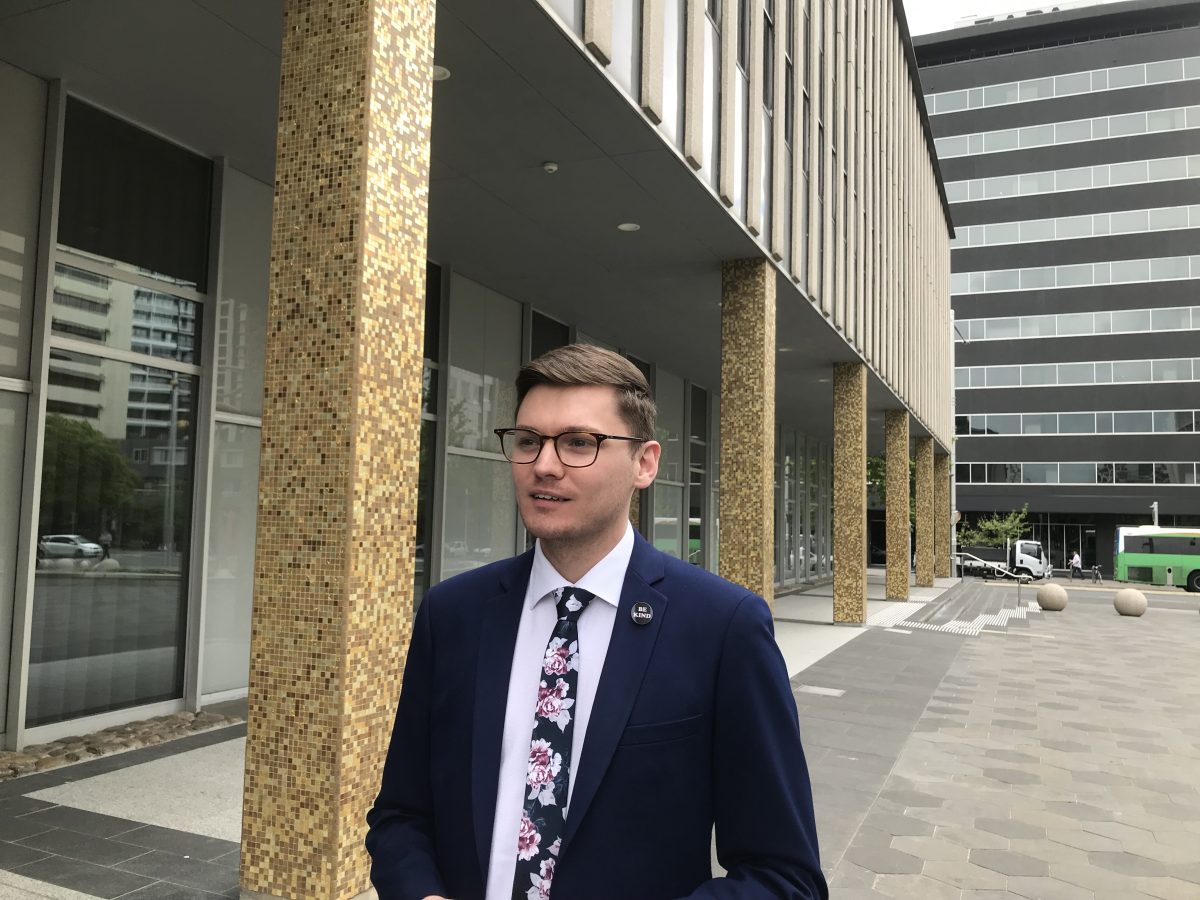
ACT Greens backbencher Johnathan Davis tried to push the government further on its drug decriminalisation path. Photo: Lottie Twyford.
A swathe of amendments put forward by ACT Greens backbencher Johnathan Davis also failed, including dramatically increasing the drug possession limits proposed by the government. But Ms Stephen-Smith argued more significant limits were not backed by evidence.
Ultimately, the laws passed with the possession limits as defined by the government.
ACT Policing continues to have concerns about the laws leading to an uptick in the number of people driving while under the influence of drugs.
Previously, police have also raised the possibility of the Territory being targeted by drug dealers and traffickers.
To ensure the laws passed the Assembly and there was time to debate each party’s amendments, the government suspended normal business.
The Canberra Liberals were less than pleased with these arrangements. Mr Hanson accused the government of engaging in a “shabby process”.
During the 12-month implementation period, police training, communication and messaging of the changes and a review of administration arrangements will take place.
It will be reviewed after two years.
Ms Stephen-Smith has pointed to several other initiatives to change how drug use is dealt with in the community, including the fixed pill testing trial, Aboriginal-community-led healthcare in the prison and the redevelopment of the Watson healthcare precinct.
Original Article published by Lottie Twyford on Riotact.




